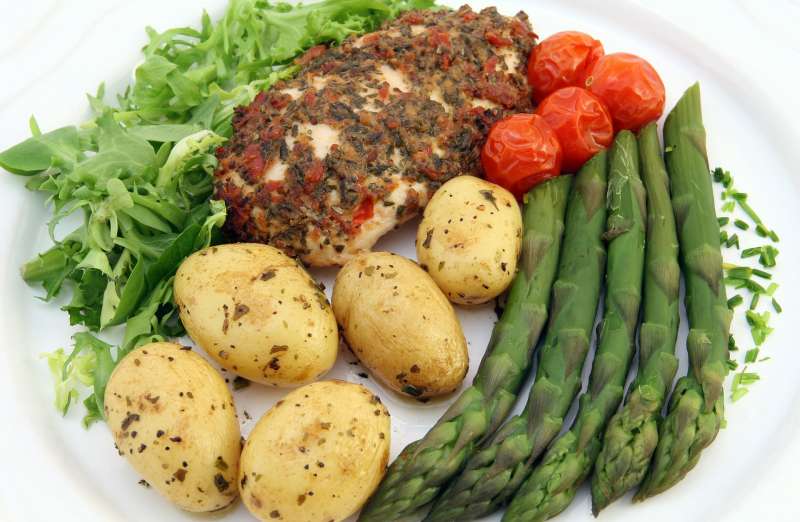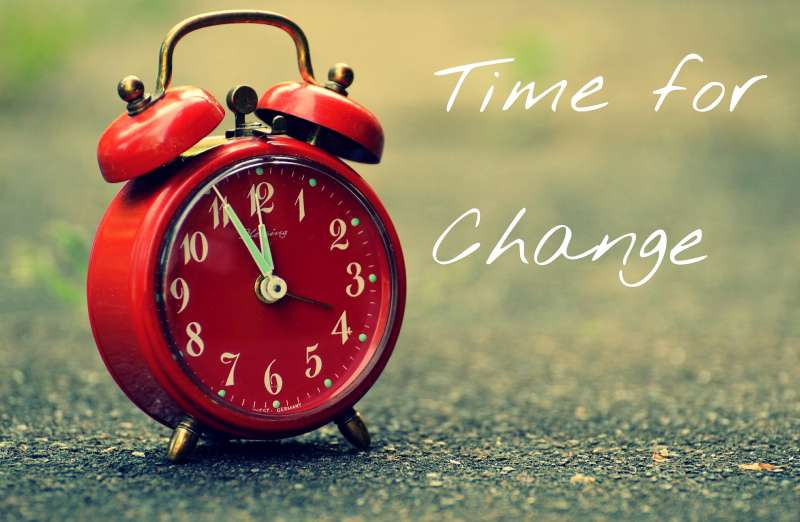Simple Steps to Sustainable Fat Loss
Simple Steps to Sustainable Fat Loss

Simple steps to reach your better health destination
How to lose body fat and keep it off
It's that time of year again, when after the holiday indulgences many of us, with the best of intentions tell ourselves and others, that this month will be the start of a new you.
For a large number of people, this means starting a new “diet” and/or joining a gym as a way of losing excess body fat, improving fitness and hopefully looking and feeling better.
There is nothing wrong with having this main goal to begin with, the issue is how to achieve and sustain it. For anyone that has previously tried to lose weight through dieting, you already know that whatever diet you choose, you almost always lose weight. The big problem is, that nearly everyone that has done the same thing has re-gained the weight lost and often gained more. This is the heart of the problem, it isn't a short-term fix, it needs to become a long-term solution.
There are other important aspects that will impact on achieving this goal, such as exercise, stress, sleep and others, but as a nutritionist, my focus would always be on making the positive dietary changes needed first.
So how do you lose fat and keep it off?
First of all, forget about any specific diet, exercise plan or approach you may have heard of, no one thing works for everyone. Whatever approach you choose, it shouldn’t be complicated or need unrealistic levels of willpower to follow and stick to. For the approach to be successful, there are a few fundamental aspects that if followed will almost definitely ensure you achieve your goal.
Create an Energy Deficit

Grilled chicken with potatoes and veg
This is the most important aspect. It is impossible to lose fat without your body being in an energy deficit (your body must be using more energy than it takes in) This is the reason so many diet regimes, at least in the short-term work, because regardless of the method, they all reduce and restrict the amount of calories being consumed.
Often dieters are advised to eat "clean", that certain foods are bad, or are all too commonly advised to dangerously to cut out whole food groups. This approach is unsustainable, restrictive and can enforce often already negative relationships with food.
How do you know how much energy YOUR body needs?
To work out what your bodies energy/calorie requirements are yourself, a simple way is to keep a food diary of everything you eat and drink and the calories they contain. Do this each day, along with using a set of bathroom scales to keep track of your daily bodyweight. After seven days, average out both sets of figures, if you are roughly the same bodyweight at the end of the 7 days then you know that your average calorie intake over that week is how much you need to eat to stay the same weight.
Reducing this figure by 10% will mean that you will start to lose body fat as you will then be in an energy deficit. Around 1lb of fat loss per week is a good amount to lose without losing too much muscle mass, it may be higher if a person is more overweight.
Using this method not only shows your daily calorie intake, it also gives you a better idea of what foods you are consuming, in what amounts and how often.
Less Processed/Real Foods
When choosing foods, try to choose those that are as least processed as possible. Many of the highly processed foods contain added sugars, fats, salt and many other ingredients that increase shelf life and palatability. This means they tend to be high in energy and it also makes them much easier to eat in larger amounts to excess, often without even realising. Foods like meat, fish, vegetables, fruit, dairy, eggs, beans, pulses, seeds and wholegrains are all great choices which naturally contain more beneficial nutrients.
Foods with only one or two ingredients, those that don’t have an ingredient label and making some/more meals from scratch is even better.
High Satiety/High Satiation Foods
Another huge benefit to choosing more real foods is the effect they have on hunger. When eating less to reduce body fat, feelings of hunger and just not having enough to eat can easily take over and derail your efforts.
So, to combat that, make sure each meal contains a good amount of foods with high satiety and high satiation effects. Foods with a high satiety value give the body a physical feeling of fullness, while those with a high satiation value act on hormones and stretch receptors in the stomach, which signal to the brain that the meal is over and the desire to eat is reduced.
Foods high in protein and/or fibre are those that act most on satiety and satiation, so making sure each meal has a good amount of protein, such as many of those mentioned above (meat, fish, eggs, dairy etc) and include foods high in fibre (vegetables, potatoes, beans, chickpeas)
Foods you Need/Foods you Love
As many of you will know, often, particularly in the media, many foods are portrayed as being bad or good or in diet plans, allowed or a “sin”. This isn't a particularly helpful or healthy way to think of foods and trying to follow an unrealistic, over restrictive diet is far more likely to lead to a binge and feelings of failure and over the long term just isn't enjoyable.
Yes, eating mainly foods that are real and minimally processed is a good way to go for all the reasons mentioned above, but you still need to allow yourself to have foods you enjoy.
A good way to think of it is to have a split of 80/20 or 90/10, whatever best suits you. This means 80-90% of your calories come from real, nutrient dense, minimally processed foods and the other 10-20% come from any foods you love.
A few other things to help along the way, are to pay attention to portion sizes and when your body is telling you its full and allow yourself time to sit, slow down and relax while eating.
Conistency is Key

Alarm clock, time for change
Whatever approach you use, it has to be one that you can see yourself following and sticking to for a long time, years, or for life. As most dieters continue to do, trying to follow an unrealistic and restrictive short-term diet plan for a few weeks or a month to lose weight, then going back to eating and drinking as before, is one of the worst things to do. It only leads to a rebound effect of the weight lost being put back on and often even more.
The only way for the approach to be successful, is that the dietary changes mentioned above are used as part of a long-term change in lifestyle. Following the above aspects, each day, doing some regular form of exercise you enjoy, keeping hydrated and aiming for enough sleep (7-9 hours each night)
Do these each day and you will be well on the way to achieving your weight and dietary health goals.











